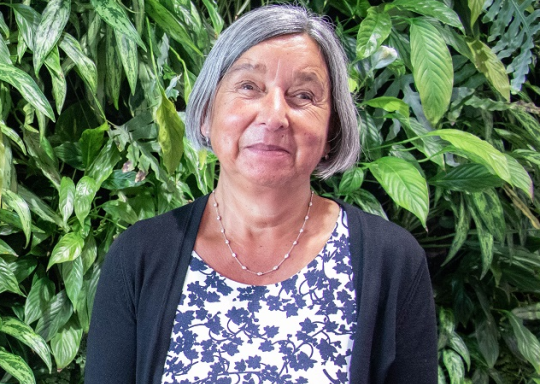Regulator highlights concerns around autism and learning disability services in damning annual care review
In its annual assessment of the system, the regulator voiced particular concern around care services for people with a learning disability and autistic people, suggesting "inspections continue to find issues with culture, leadership and a lack of genuine engagement with people who use services".
The Commission pointed to a range of challenging issues across the NHS and social care, including difficulties in accessing care services.
The annual State of Care review, said: "Health and care staff want to provide good, safe care but are struggling to do so in a gridlocked system. This is reflected in growing public dissatisfaction with health and care services – which is mirrored in staff dissatisfaction."
Local inspections, the commission said, suggest that the current recording of demographic data, especially on ethnicity and disability, is inadequate and does not allow for effective planning of integrated services.
Kate Terroni, the CQC's Chief Inspector of Adult Social Care, Integrated Care and Interim Chief Operating Officer, said: "In this report, we've highlighted examples of local innovation – joining up these pockets of innovation has the potential to help unblock the gridlock. However, this can only happen in conjunction with a real focus on planning, investment, and workforce."
The review suggests that many of the current challenges reflect decades of under-investment and low pay in social care.
Fazilet Hadi, DR UK Head of Policy said " We welcome the CQC's frank appraisal of the dire state of health and social care and its highlighting of continuing challenges faced by people with learning disabilities and autistic people.
The picture the CQC paints is exceedingly bleak and is one which most Disabled people would recognise. There is no part of the health and care system, which isn't under huge pressure. Waits for services are growing, at the same time as staff leave for better paid jobs.
The Government needs to invest in health and social care in the autumn budget statement, to prevent the devastating impact that service failures are having on people's lives."




